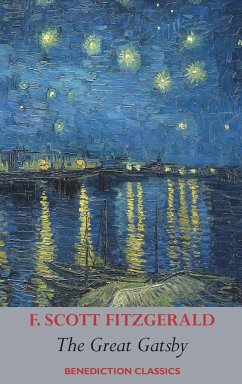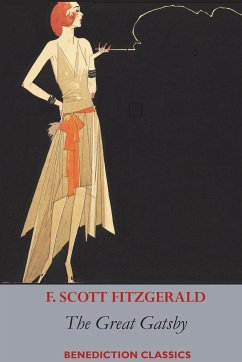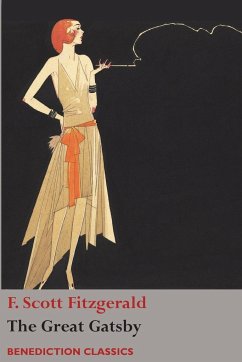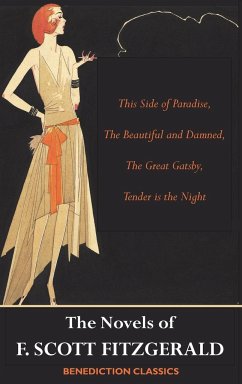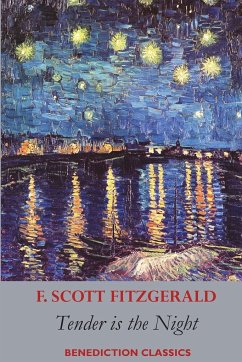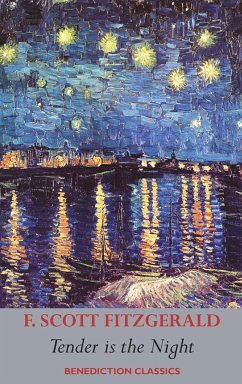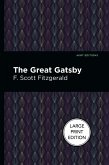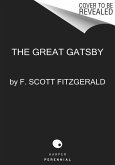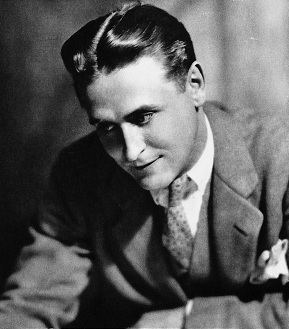"I want to write something new, something extraordinary and beautiful and simple and intricately patterned." F. Scott Fitzgerald (1923). "The first step American fiction has taken since Henry James." T. S. Eliot. "I hope she'll be a fool -- that's the best thing a girl can be in this world, a beautiful little fool." F. Scott Fitzgerald, The Great Gatsby. "I was within and without, simultaneously enchanted and repelled by the inexhaustible variety of life." Fitzgerald F. Scott, The Great Gatsby. "Show me a hero, and I'll write you a tragedy." F. Scott Fitzgerald. "One of the most important works in American literature - and, to many, the great American novel." - Time. "This slim novel of fewer than 50,000 words, a story of secret visions and gaudy revels, of sudden violence and constant envy, shimmers with a magic that readers have long recognised." Sarah Churchwell, The Guardian. The Great Gatsby, F. Scott Fitzgerald's masterpiece is perhaps "The Great American Novel," and its protagonist, Jay Gatsby, is regarded as one of the truly mythic creations in American culture. It is, as Fitzgerald hoped, something new, something extraordinary. The novel is set in Long Island, during the enthusiasm, abandon, and free-flowing illegal liquor of "the Jazz Age," a term coined by Fitzgerald in his earlier collection, Tales of the Jazz Age. Fitzgerald himself was the quintessential chronicler of The Roaring Twenties. The handsome millionaire Jay Gatsby seems to have everything, but where did his wealth come from, and what is he still in search of? Gatsby's life mirrors Fitzgerald's: they both fell in love, and then struggled to establish themselves financially to prove themselves worthy. Fitzgerald wrote "Show me a hero, and I'll write you a tragedy." Gatsby was a tragic hero, much like his creator. The Great Gatsby was, initially, neither a critical nor commercial success; it was only appreciated after Fitzgerald's early death. This incandescent and magical novel is now near the top of almost every list of "best novels. Francis Scott Fitzgerald (September 24, 1896 - December 21, 1940) was an American novelist, essayist, screenwriter, and short-story writer. He is best known for The Great Gatsby and for his novels depicting the flamboyance and excess of the Jazz Age. Writer Richard Ford calls Fitzgerald, Hemingway and Faulkner "the Three Kings who set the measure for every writer since."
Hinweis: Dieser Artikel kann nur an eine deutsche Lieferadresse ausgeliefert werden.
Hinweis: Dieser Artikel kann nur an eine deutsche Lieferadresse ausgeliefert werden.

